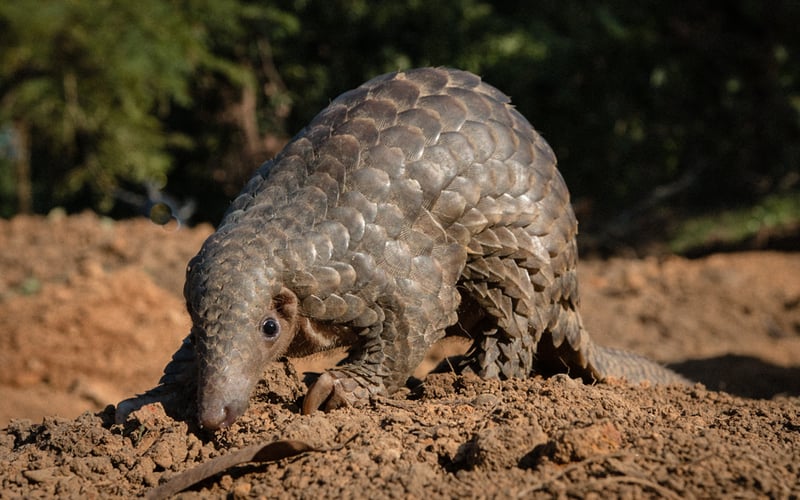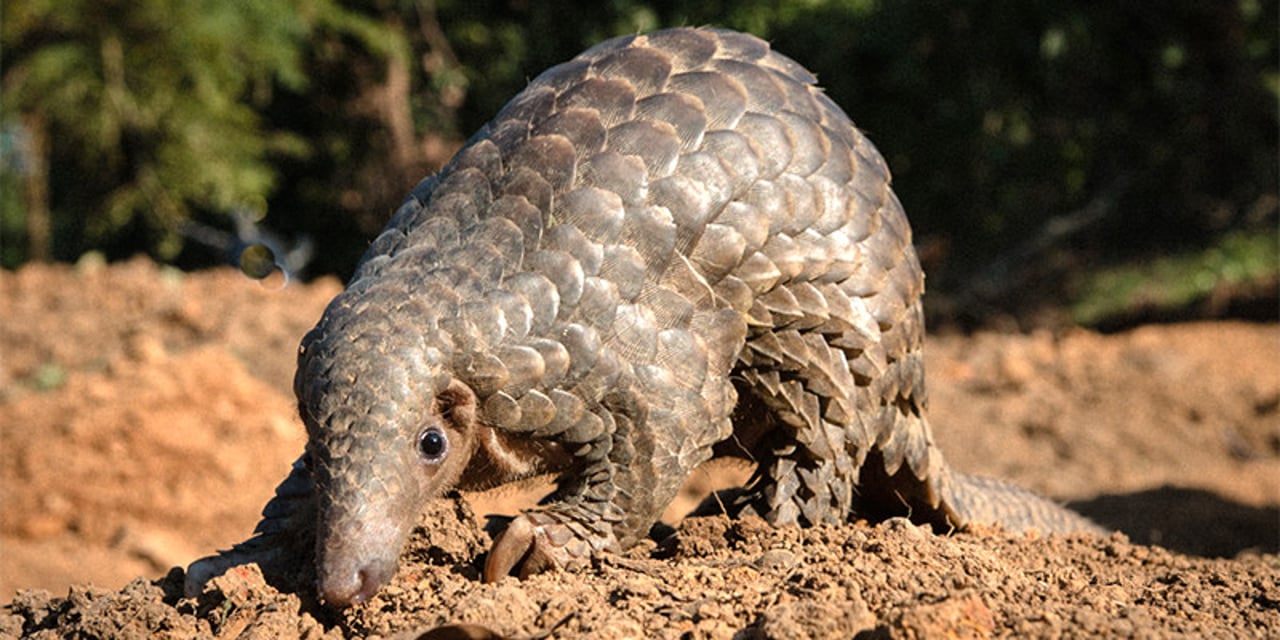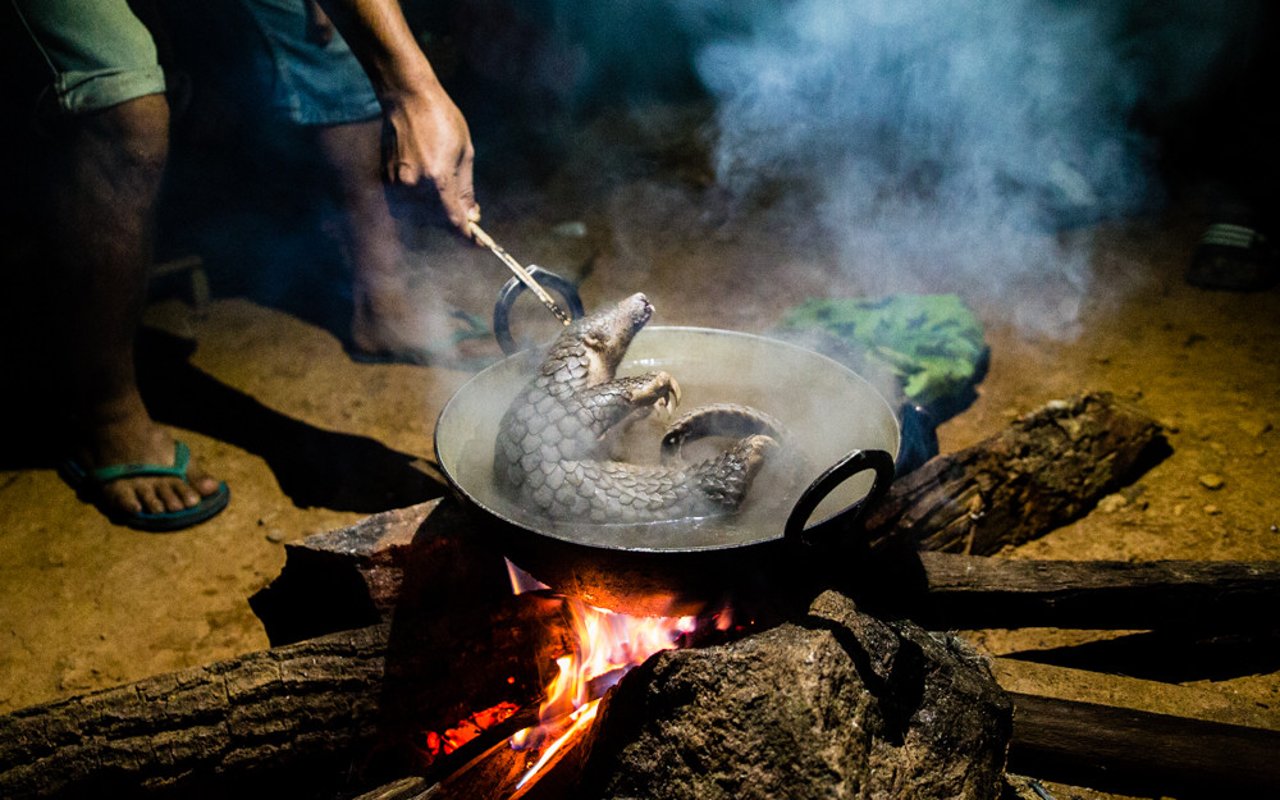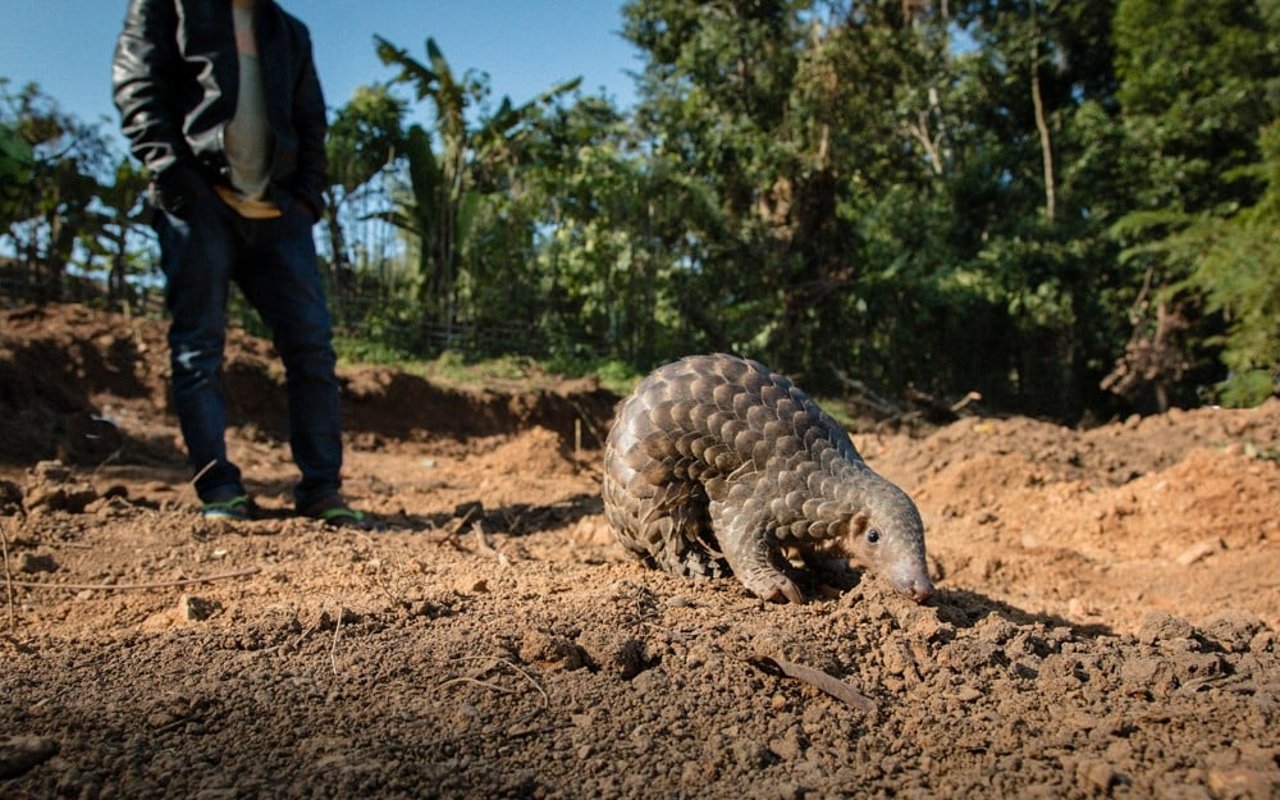
A study led by South China Agricultural University has stated that pangolins are the host of the coronavirus.
Pangolin-- the most trafficked animal in the world
The latest coronavirus epidemic has led the fingers of suspicion to point at a number of species that might have been host to this dreaded virus, including bats, snakes, and pangolins. The status of pangolin has already come under scrutiny in the international press due to the prevalence of this animal in the wildlife trade and the creature has been widely reported as being the most trafficked animal in the world. Indeed World Animal Protection has highlighted the danger to wild pangolins due to capture from the wild in a publication in 2018. Given the fact the wild status of pangolins has captured the attention of environmentalists the world over, it does merit our attention to look at the latest revelation of these scaly animals playing the host of a deadly killer disease.
The outbreak of the Coronavirus
A study led by South China Agricultural University has stated that pangolins are the host of the coronavirus. It is believed that the outbreak originated at wild animal markets in Wuhan, China. Scientists analyzed more than 1,000 samples, and found that the genome sequence of the virus in pangolins was 99% identical to that from infected people. This result indicates that pangolins are the most likely intermediate host of coronavirus, Liu Yahong, president of the South China Agricultural University, said, according to Chinese state media.
Dangers associated with the trade of Pangolins
Whilst this has naturally set the alarm bells ringing on the dangers associated with the trade of pangolins and any kind of direct contact with them, including the consumption of their flesh, there are some voices that advocate for some caution so that there is no unwarranted panic or fearmongering. For example, Bill Zeigler, a leading researcher at the Chicago Zoological Society, has shared his concerns over what accepting the research without proper support could do to the public's perception of the endangered scaly mammal. "My concern is, if we don't word it right and people become afraid of pangolins, they may go out and if they find a pangolin in the wild – in which case there is no real issue there, it's not a danger to you as far as transferring a disease – they would kill it anyway, because they're afraid of it," he has alerted CBS News' Tom Hanson in a recent interview. Ziegler ought to know where he is coming from given that the Brookfield Zoo run by Chicago Zoological Society in Illinois is among the most successful of seven American zoos working to breed pangolins in captivity. Brookfield Zoo has facilitated nine births over the last four years.
Pangolins may warrant unnecessary hatred
Ziegler is not the only scientist who has questioned the claim that pangolins are a host of coronavirus, in an endeavour to avert any adverse reaction toward the animal as a result of the latest declaration. Of course, people might refrain from consuming pangolins if they are indeed the host of the coronavirus, however, the converse is equally true, that is, the pangolin may warrant unnecessary hatred and repugnance as a result of this revelation. For an animal that is already facing a threat to their existence from the wildlife trade, relieving them of the pressure of human want that leads to their capture and transportation in cramped and stygian conditions is the best the human species could do to them, with or without them playing host to coronavirus.
Pangolins deserve to live on the earth
Pangolins, like all creatures, deserve to live on the earth with or without any direct benefit to humankind. Pangolins ought to be respected for what are and not for what we perceive them to be or want them to be. This feeling of respect for the intrinsic worth of Pangolins can go a long way toward cherishing them for the evolutionary marvels they represent.
Read more about Pangolins and their conservation


